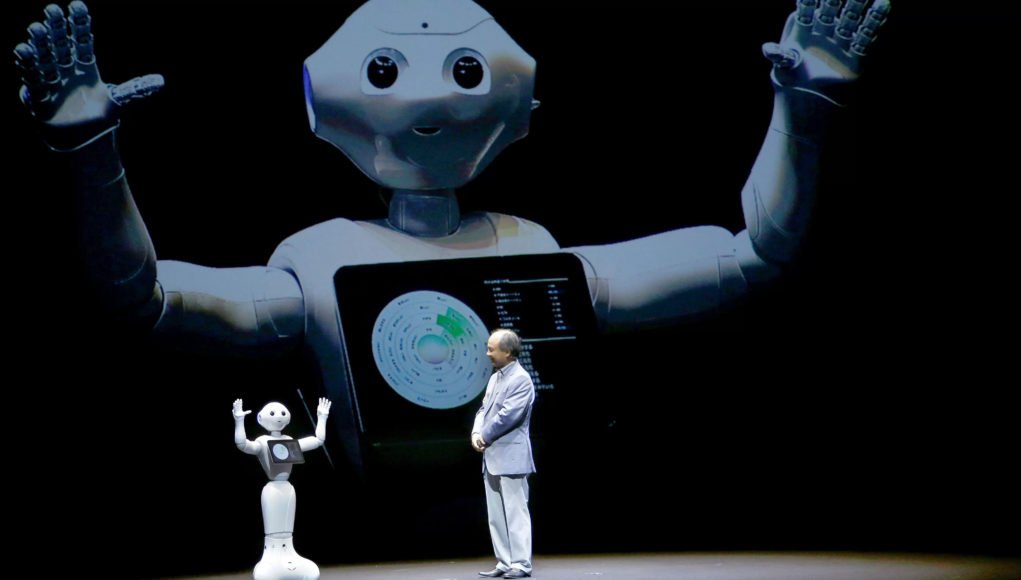Sounding like an idea taken directly from an old sci-fi movie, I-O psychologists are now programming algorithms to think independently and make autonomous decisions that require extrapolation and interpretation of data rather than merely following programming directives.
Artificial intelligence & hiring:
The pros and cons of machine-based recruitment
In short, to go where no robot has ever gone before.
This innovative programming has segued from military and space applications to other areas of life and business, including HR.
Morals and ethics involved with AI
One of the first questions to arise when programming AI is how to make a machine that’s ethical.
Researchers have found, and, to their dismay, so have some companies, that even though AI is algorithmically controlled, biases have appeared.
Biases in the hiring process, whether in the most basic form of resume scanning or in the higher form of personnel management, can create an HR nightmare.
The intent is to ensure that human faults don’t become embedded in the algorithm but this process may be easier intended than executed.
Since everything that can be used for good can also be used for evil, some opponents of AI contend that it’s a form of playing God and can be used to the detriment of humanity.
Another concern is that delegating decision-making to machines will cause us to become less proficient at making decisions, particularly those that involve morals and ethics.
When we program machines to exhibit compassion and humanity, do they then become human and earn the right of personhood?
If we become less proficient at ethics and moral decisions, do we compromise our personhood and become less human?
Many of these types of questions were addressed at MIT in perhaps the most extensive ethics study in the world to date and many more such studies will need to be done.
AI and the initial hiring process
Scanning resumes is arguably one of the most tedious aspects of HR. Usually, a resume is considered for less than 10 seconds before it’s either rejected or set aside for further consideration.
Given the hundreds, and sometimes thousands, of resumes typically submitted for consideration, it’s not surprising that HR personnel are eager to streamline this process.
Can robots be programmed to scan resumes and select the best ones for consideration?
Absolutely, and perhaps better than their human counterparts.
Using AI to scan resumes can alleviate the substantial paperwork burden of overworked HR personnel who have hundreds of resumes to sort.
Many software systems are now available that use games, personality tests, and evaluations to narrow a stack of resumes to about 25 percent of those initially reviewed.
When it’s time for candidates to be interviewed, can a robot satisfactorily interview them and make a sound decision about hiring? Maybe not.
As humans, we often rely on subconscious signals that we receive from others when we’re in the process of making a decision.
We may be unable to pinpoint exactly what it is that generates our intuition about the advisability or inadvisability of a decision.
Although researchers have had limited success programming intuition into AI, significantly more research needs to be conducted before that concept is incorporated into AI for HR purposes.
Programmers, no matter how well-intentioned, may subconsciously allow their individual biases to be reflected in the algorithms, which can lead to biased and unacceptable results.
Extrapolation parameters should encompass traits and activities that are relevant to the job in order to ensure the best AI hiring decisions.
It’s probably not relevant to know the music preferences of the football coach, for example.
AI and HR: pros and cons
As in any pioneer field, there are advocates of change and advocates of the status quo.
Pros
Used properly, AI can:
- Streamline the initial screening process and use an applicant tracking system, or ATS (26% of candidates say they left a hiring process because it “took too long”)
- Increase the productivity of the HR staff
- Provide more highly qualified candidates
- Check the ATS for previously screened candidates
- Provide chatbots so that applicants can check the status of their application
- Implement advanced algorithms that will screen for specific jobs
- Reduce the recruitment and hiring time for jobs that are similar in nature
- Source passive candidates using online databases
- Increase productivity by filling vacancies more quickly
Cons
At this point, the use of AI in the hiring process is still in its infancy.
As AI continues to be researched and developed into more sophisticated applications, its practicality in the HR field will increase.
Presently, some of the negatives about AI in the HR process include:
- Increased liability for potential allegations of bias
- Overlooking qualified candidates due to semantics
- Resistance to change exhibited by some HR personnel
- No machine learning in the basic and intermediate levels of AI
- No emotional interface to detect mendacity
- Some current jargon may be problematic for AI
AI and HR: the future
As technology evolves and individuals become more comfortable with the role of AI in their lives, the use of AI will become more widespread in HR.
As an example, Sophia the diminutive robot has astounded her interviewers with her sassy and cogent responses to their questions and is sought after as a public speaker who is the antithesis of the common perception of a robot.
As sophisticated programming similar to Sophia’s becomes more widely available and public acceptance of AI and robotics becomes more widespread, the use of AI in the HR process can increase.
Streamlining many tedious HR procedures and freeing human personnel for more productive and rewarding tasks will inevitably result in a more efficiently run HR department.
For more business tips, check our entrepreneurship section, and subscribe to our weekly newsletters.






